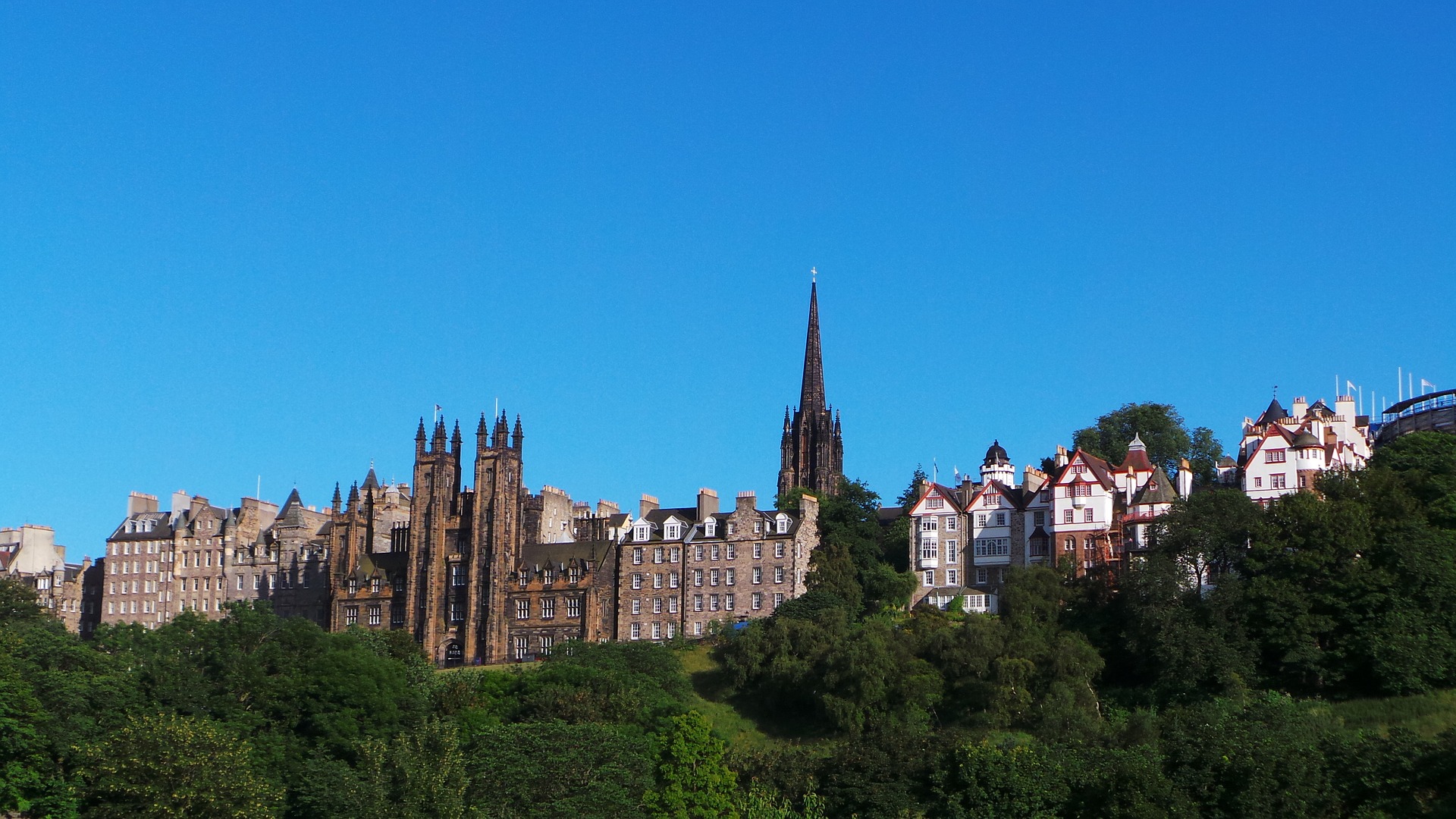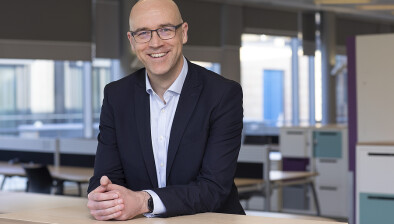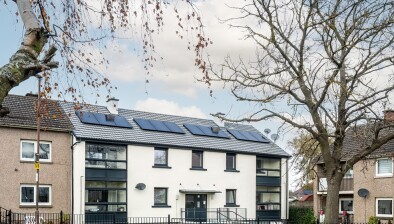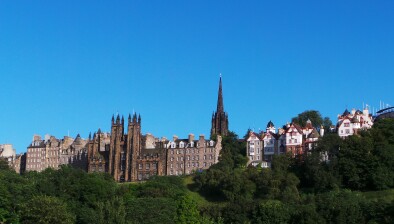Annual report charts progress to end poverty in Edinburgh
The first annual report of how Edinburgh is progressing in its aim to end poverty by 2030 has detailed significant positive developments taking place in the capital.

It is a year since the Edinburgh Poverty Commission, an independent group sponsored by the City of Edinburgh Council in 2018 to define the steps the city needed to take to end poverty, published its final report.
A Just Capital: Actions to End Poverty in Edinburgh concluded that poverty in Edinburgh is real and damaging, but it is not inevitable and set seven calls to action needed to end poverty within a decade.
In the first 12 months following publication of that call to action, the work of the council and partners has involved building a strong foundation for the long-term actions needed to change ways of working and prevent poverty in Edinburgh, as well as providing immediate improvement and upscaling of support for people experiencing poverty in the city.
The latest data on poverty rates in the city show that an estimated 78,900 people in Edinburgh were living in relative poverty after housing costs in the period to 2020, including 16,100 children. Most commentators project a risk of significant rising poverty across the UK during the next 12 months, driven by rising living costs, energy costs, slow wage growth and benefits changes.
In response to this challenge, the commitment to end poverty in Scotland’s capital is now one of three strategic priorities embedded in the new council Business Plan approved earlier in the year. The plan outlines actions to ensure that the council is on track to end poverty by 2030 by meeting targets set by the Commission and deliver the End Poverty Plan 2030.
This first annual progress report will be discussed by councillors on the Policy and Sustainability Committee this week with the debate taking place during the nationwide Challenge Poverty Week.
The report outlines key actions delivered in 2021 for providing immediate crisis support to people in need, expanding income maximisation services, promoting fair work, improving access to employability support, helping those at risk of homelessness and improving prospects, opportunities, health and wellbeing.
Last year’s report marked the end of the work of the Edinburgh Poverty Commission and the start of a movement that needs to take root to create an Edinburgh without poverty. As a legacy, Commissioners helped to develop End Poverty Edinburgh - a new independent group of residents with first-hand experience of living on a low income and their allies who want to be part of shaping the solutions.
With the support of the Poverty Alliance, End Poverty Edinburgh has been meeting regularly throughout 2021 and aim to raise awareness of poverty in Edinburgh, influence decision-making and hold the city to account.
Councillor Cammy Day, depute chair of the Edinburgh Poverty Commission and depute leader of the City of Edinburgh Council, said: “Whilst there has been positive progress made in the first year since the Commission’s call to action no one is underestimating the scale of the challenge we face. Tackling poverty is one of our key priorities as a council and our 2030 target is ambitious but one I’m convinced can be achieved.
“There’s no doubting the enormous impact the pandemic has had on families in this city especially those on the lowest incomes. However our work to limit this impact has seen 44,000 crisis and community care grants issued, over 8,000 free school meal payments and an action group of employers set up to make Edinburgh a living wage city to help lift 40,000 city workers out of low pay.
“We are one year into a long and difficult journey, but if all our partners, communities and residents work together, along with support from the UK and Scottish governments, we have a once in a lifetime opportunity to make a real difference to those most in need.”
Council Leader Adam McVey added: “As a city, we’re trying to eradicate poverty by the end of the decade and we’re the first local authority in the UK to set such a target. Tackling poverty and inequality in our city drives the choices we are making as a council such as our new business plan which has ending poverty by 2030 as one of its three core priorities.
“Additional investment is also required and this Spring we agreed a budget package of £2.5m specifically targeted at poverty. This is expanding our money advice and income maximisation services, providing new resources to help those at risk of homelessness, increasing our Discover! programme to help families reduce and prevent food and financial insecurity and the relaunch of the Edinburgh Guarantee to help people of all ages into work or learning. Last year we spent or administered over £100m in core anti-poverty measures to support our citizens.
“We have made an encouraging start but these are just the first steps and it’s critical the positive work of the past year continues. This isn’t something the council can achieve in isolation, however, and we need a Team Edinburgh effort and governments supporting our efforts through housing and welfare policies if we’re going to succeed in meeting the call to action the Commission has set for us all to end poverty in Edinburgh.”







